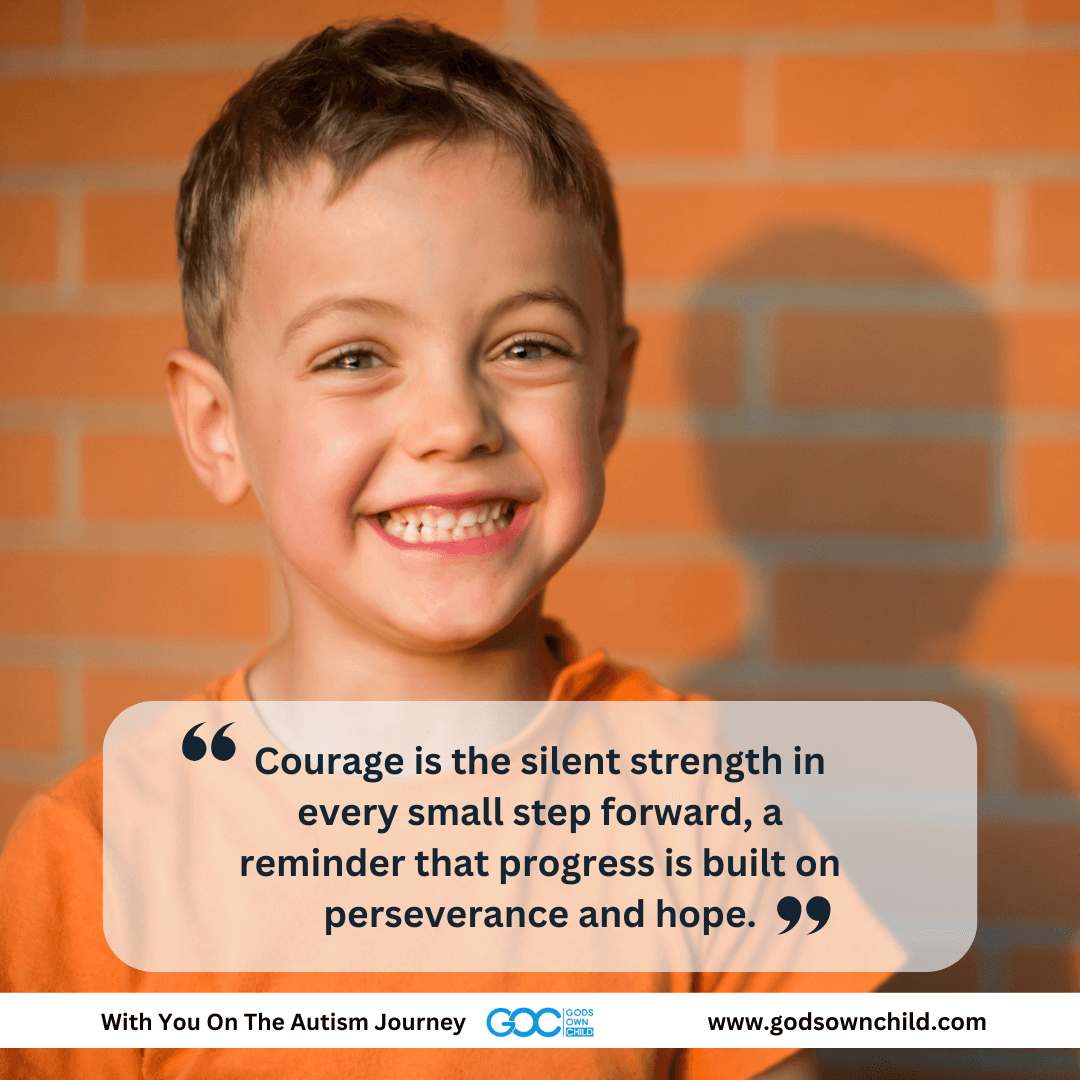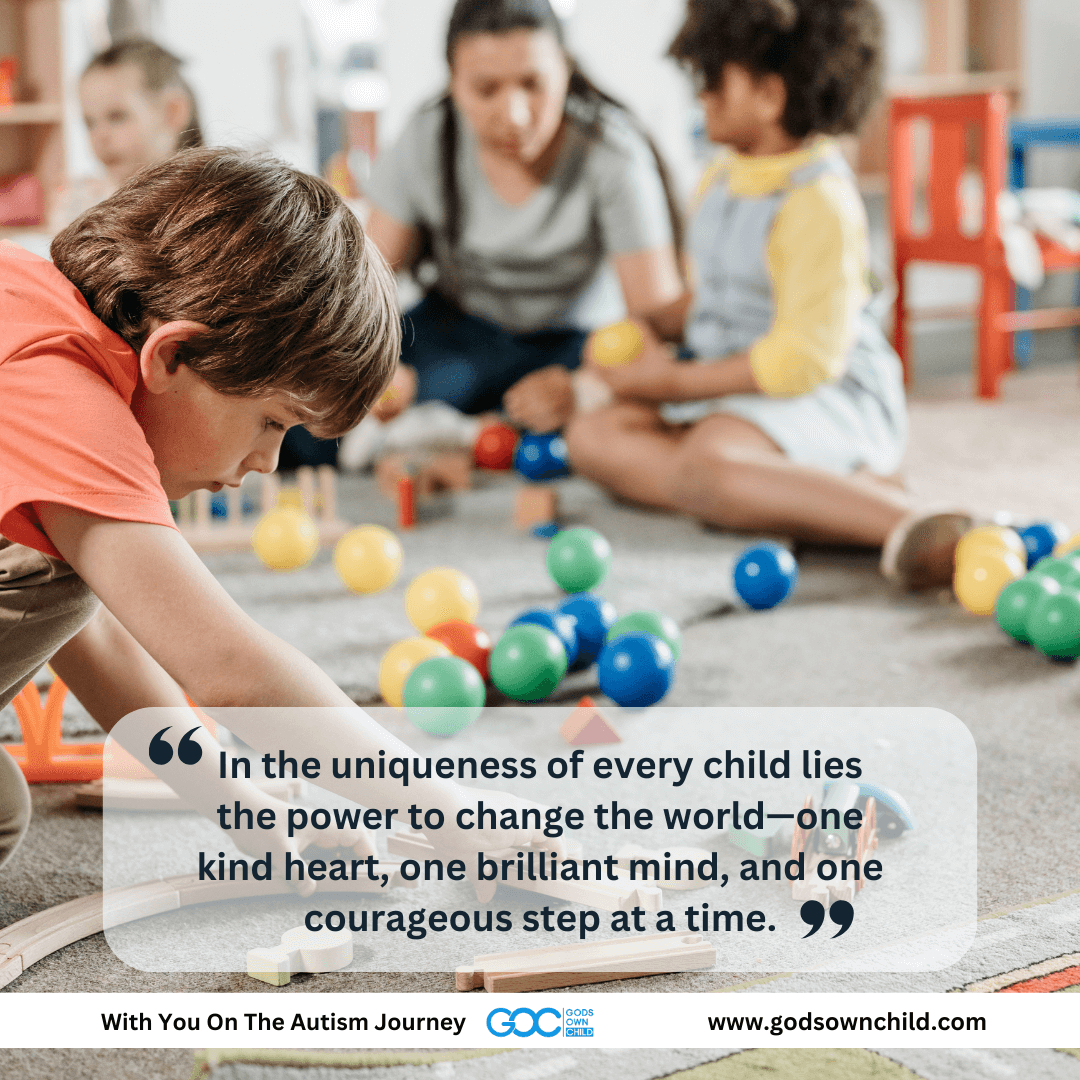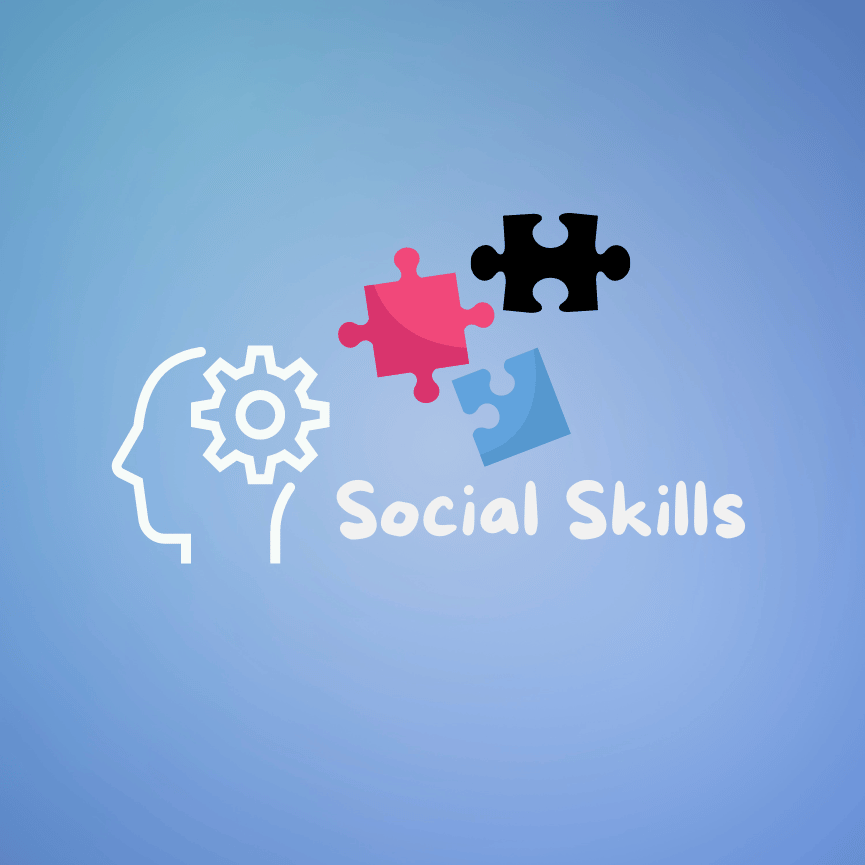
Autism and Social Skills Development: Strategies for Building Relationships
Social skills are a vital part of everyday life. They help us navigate conversations, build relationships, and engage with the world around us. However, for autistic individuals, developing these skills can be challenging. Understanding the nuances of social interaction, recognizing social cues, and effectively communicating with others are often areas where autistic people may need additional support. In this article, we'll explore the social challenges faced by autistic individuals, the importance of early intervention, and various strategies to help them develop social skills and build meaningful relationships.
The Social Challenges Faced by Autistic Individuals
Social Communication Differences
One of the core characteristics of autism is differences in social communication. Autistic individuals may struggle with understanding the back-and-forth nature of conversations, making it difficult to initiate or maintain interactions. This can lead to feelings of isolation or frustration, as they may not always know how to express themselves or interpret what others are saying.
Difficulty in Understanding Social Cues
Social cues, such as body language, facial expressions, and tone of voice, play a significant role in communication. Autistic individuals may find it challenging to pick up on these subtle signals, which can lead to misunderstandings or misinterpretations during interactions. This difficulty can make social situations feel overwhelming and unpredictable.
The Impact of Sensory Processing on Social Interaction
Many autistic individuals experience sensory processing differences, which can impact their ability to engage in social interactions. For example, a noisy environment or bright lights may be distracting or distressing, making it harder to focus on a conversation or participate in group activities. These sensory challenges can create barriers to social engagement, further complicating the development of social skills.
The Role of Early Intervention
Importance of Early Diagnosis
Early diagnosis of autism is crucial for providing timely support and interventions that can aid in social skills development. Recognizing the signs of autism early allows parents, caregivers, and professionals to implement strategies that cater to the unique needs of the individual, giving them a better chance of building essential social skills from a young age.
Tailored Interventions for Social Skill Development
Every autistic individual is different, and their social skills development will vary. Tailored interventions that consider the individual's strengths, interests, and specific challenges are more effective in helping them learn and apply social skills in real-life situations. These interventions may include structured social skills training, speech therapy, or occupational therapy, all designed to support the individual's growth.
Strategies for Developing Social Skills
Structured Social Skills Training
One of the most effective ways to help autistic individuals develop social skills is through structured training programs. These programs often include:
- Social Stories and Role-Playing: Social stories are short narratives that describe specific social situations and appropriate responses. Role-playing allows individuals to practice these scenarios in a safe and controlled environment, helping them gain confidence in their social interactions.
- Use of Visual Supports: Visual aids, such as picture cards or diagrams, can help autistic individuals understand social concepts and expectations. These tools can be particularly helpful in breaking down complex social interactions into manageable steps.
Encouraging Peer Interaction
Peer interaction is a crucial component of social skills development. Strategies to encourage this include:
- Facilitated Playdates and Group Activities: Organizing playdates or group activities with peers who share similar interests can create opportunities for autistic individuals to practice social skills in a natural setting. These interactions should be facilitated by an adult who can guide and support the individuals as needed.
- Using Common Interests to Foster Connections: Identifying and engaging in activities that align with the autistic individual's interests can make social interactions more enjoyable and less stressful. Shared hobbies or passions can serve as a bridge for building relationships.
Teaching Emotional Recognition
Understanding and recognizing emotions is a critical aspect of social interaction. Techniques to teach emotional recognition include:
- Identifying Emotions in Self and Others: Helping autistic individuals recognize their own emotions and those of others is essential for developing empathy and appropriate social responses. This can be done through exercises that focus on facial expressions, tone of voice, and body language.
- Tools and Techniques for Emotional Awareness: Tools such as emotion charts, apps, or games that focus on emotional recognition can be useful in helping autistic individuals better understand and respond to different emotions in social situations.
Enhancing Communication Skills
Communication is the foundation of social interaction. Enhancing communication skills in autistic individuals can involve:
- Using Augmentative and Alternative Communication (AAC): For those who have difficulty with verbal communication, AAC devices or systems, such as picture exchange communication systems (PECS) or speech-generating devices, can provide alternative ways to express themselves.
- Practicing Conversation Skills: Practicing basic conversation skills, such as taking turns, asking questions, and making eye contact, can help autistic individuals feel more confident in their interactions. Role-playing and scripted conversations can be effective tools for this practice.
Building Relationships through Shared Activities
Importance of Shared Interests
Shared interests are a powerful tool for building relationships. Engaging in activities that both the autistic individual and their peers enjoy can create a sense of connection and mutual understanding. Whether it's a hobby, sport, or creative project, these shared experiences can foster meaningful social bonds.
Strategies for Inclusive Group Activities
Creating inclusive group activities that cater to the needs and interests of autistic individuals is essential for their social development. This may involve modifying activities to reduce sensory overload, providing clear instructions, and ensuring that the environment is supportive and welcoming for all participants.
Parental and Caregiver Involvement
Supporting Social Skill Development at Home
Parents and caregivers play a crucial role in supporting the social skill development of autistic individuals. This can be done by:
- Creating a Socially Rich Environment: Encourage social interactions at home by setting up play areas, organizing family activities, and providing opportunities for the individual to engage with others in a comfortable setting.
- Modeling Social Behavior: Demonstrating positive social behavior, such as active listening, empathy, and effective communication, can provide autistic individuals with a reference for how to interact with others.
The Role of Schools and Educators
Implementing Social Skills Programs in Schools
Schools are key environments for social skill development. Educators can support this by:
- Introducing Social Skills Programs: Implementing structured social skills programs in the classroom can provide autistic students with regular opportunities to practice and refine their social abilities. These programs should be tailored to the needs of the students and integrated into the daily curriculum.
The Impact of an Inclusive Classroom
An inclusive classroom setting, where all students are encouraged to participate and interact, can significantly benefit the social development of autistic individuals. This approach promotes understanding, acceptance, and collaboration among peers, creating a supportive learning environment for everyone.
Addressing Anxiety in Social Situations
Understanding Social Anxiety in Autism
Social anxiety is a common challenge for many autistic individuals. The fear of being judged or misunderstood can make social situations extremely stressful. Understanding the root causes of this anxiety is the first step in addressing it effectively.
Techniques to Reduce Social Anxiety
There are several strategies that can help reduce social anxiety in autistic individuals, including:
- Gradual Exposure to Social Situations: Gradually increasing exposure to social situations in a controlled and supportive environment can help build confidence and reduce anxiety over time.
- Mindfulness and Relaxation Techniques: Teaching mindfulness and relaxation techniques, such as deep breathing or visualization, can help autistic individuals manage their anxiety and remain calm during social interactions.
Leveraging Technology for Social Skill Development
Social Skills Apps and Games
Technology can be a valuable tool for social skill development. There are numerous apps and games designed specifically to help autistic individuals practice social interactions, recognize emotions, and improve communication skills in a fun and engaging way.
Online Communities and Virtual Socialization
Online communities and virtual social platforms can provide autistic individuals with opportunities to socialize in a less intimidating environment. These platforms allow for communication at one's own pace and can be a great way to build confidence in social interactions.
Measuring Progress in Social Skills Development
Setting Achievable Social Goals
Setting realistic and achievable social goals is important for tracking progress in social skill development. These goals should be specific, measurable, and tailored to the individual's abilities and needs.
Tracking and Celebrating Small Successes
Celebrating small successes, no matter how minor they may seem, is crucial for maintaining motivation and a positive outlook. Keeping a progress journal or chart can help individuals and their support networks see how far they have come and where they can continue to grow.
The Importance of Patience and Persistence
Understanding the Pace of Social Skill Development
Social skill development is a gradual process, especially for autistic individuals. It’s important to be patient and understand that progress may be slow but steady. Every step forward, no matter how small, is a significant achievement.
Celebrating Individual Progress
Every autistic individual’s journey is unique. Celebrating their individual progress, recognizing their strengths, and supporting their ongoing development are key to helping them build the social skills they need to thrive.
The journey of social skill development for autistic individuals is filled with challenges, but it is also full of opportunities for growth and connection. With the right strategies, support, and patience, autistic individuals can develop the social skills needed to build meaningful relationships and lead fulfilling lives. Whether through early intervention, structured training, or leveraging technology, the goal is to provide them with the tools they need to succeed socially.










